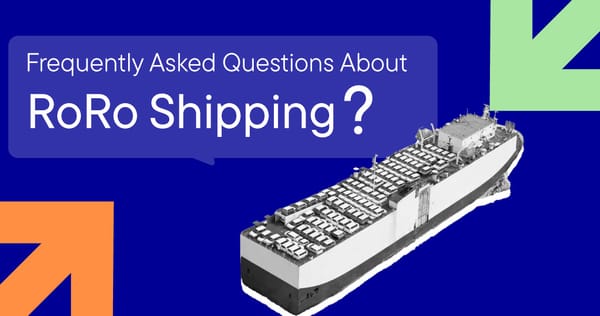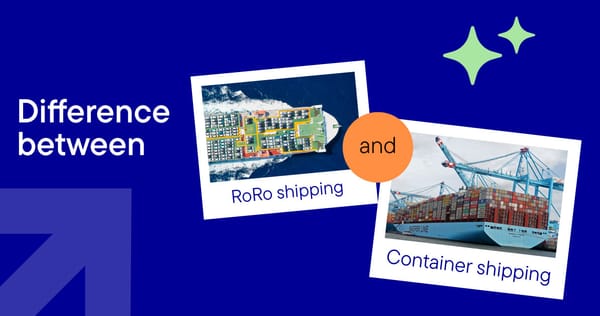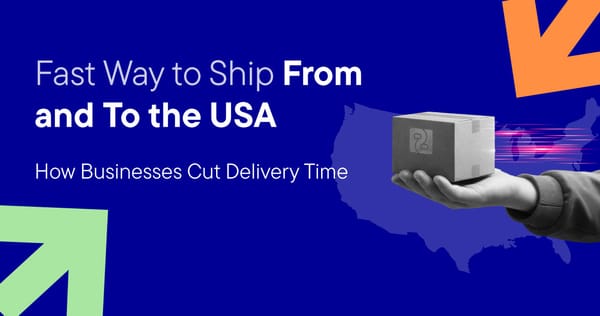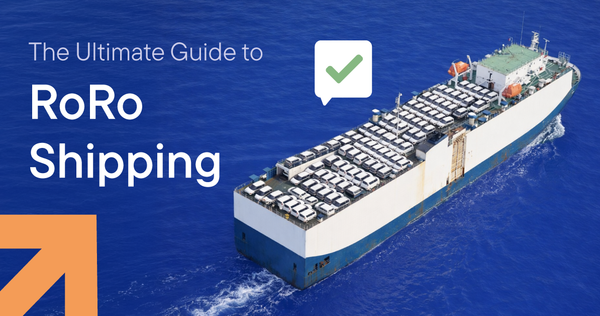Top 5 Questions Every Manufacturer Should Ask Before Hiring a Freight Forwarder
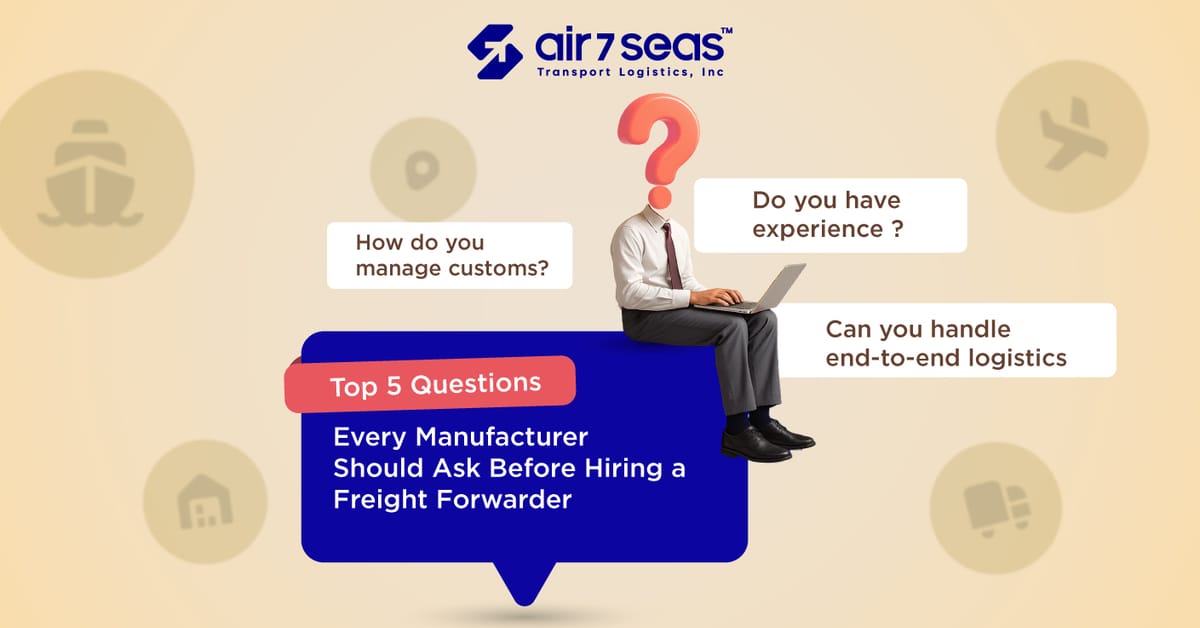
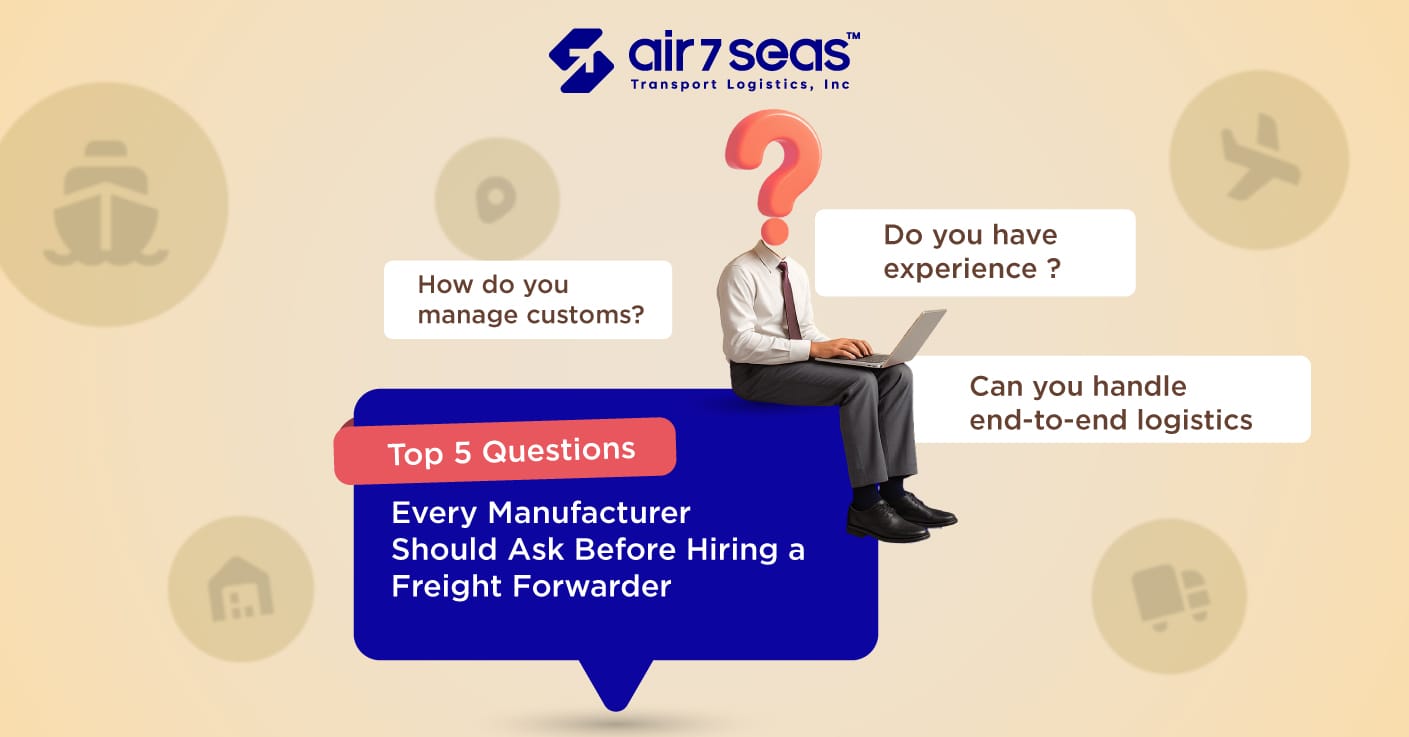
As a manufacturer, your job is to build not to chase shipments, decode logistics jargon, or untangle customs red tape.
But when your business depends on raw materials arriving on time and finished goods reaching international buyers without a hitch, choosing the right freight forwarder isn’t optional it’s mission-critical.
Not all forwarders are created equal. Some are experts in containerized ocean freight, while others struggle with coordination once cargo hits the port. Some offer visibility and proactive updates. Others? Radio silence until something goes wrong.
So how do you separate the good from the risky?
It starts with asking the right questions.
In this blog, we will give you the top 5 questions every manufacturer should ask before hiring a freight forwarder with insights into why they matter.
Common Logistics Challenges Manufacturers Face
Before you even think about hiring a freight forwarder, it’s important to understand why this decision matters.
For manufacturers, especially those importing critical raw materials, freight isn’t just a back-end operation, it’s a supply chain lifeline.
Here are some of the most common challenges manufacturers face when logistics isn’t handled by the right partner:
- Late Delivery of Raw Materials
- Your production line runs on a tight schedule. One delay in receiving imported steel coils or aluminum sheets can throw off your entire workflow, delaying finished goods, missing client deadlines, and ultimately impacting your revenue.
- Lack of Real-Time Tracking and Updates
- Many manufacturers rely on outdated or limited tracking systems from carriers.
- You’re left in the dark about where your shipment is or when it will arrive and your team keeps asking, “Any update?”
- Poor Documentation Handling
- ISF filings, commercial invoices, HS codes, import permits a single mistake in documentation can lead to customs holds, fines, or even seizure of cargo. And unless you live and breathe import regulations, it's easy to miss a detail that costs you big.
- Unexpected and Hidden Charges
- That attractive shipping quote? It often doesn’t include terminal handling fees, drayage costs, warehousing, or customs clearance. Manufacturers are frequently blindsided by “add-ons” that destroy margins and make it hard to budget accurately.
- Weak or Unresponsive Customer Support
- When something goes wrong a delayed vessel, a port strike, a customs query you need answers fast. But many logistics providers offer minimal support or push you between departments with no clear resolution, leaving your team stranded.
These pain points aren’t just frustrating they’re disruptive to your operations and profitability. That’s why the questions you ask before hiring a freight forwarder can make all the difference.
Top 5 Questions to Ask Before Hiring a Freight Forwarder
Choosing a freight forwarder is not just about rates — it’s about reliability, experience, and whether they truly understand what your manufacturing business needs.
Here are the top 5 questions every manufacturer should ask before bringing a freight forwarder onboard:
- Do you have experience handling my type of cargo and trade lanes?
- Every commodity comes with its own set of challenges. Steel coils, aluminum extrusions, large equipment these require careful handling, proper HS code classification, and often specialized containers or flat racks.
And trade lanes matter too. Importing from China, India, or Europe into the U.S. comes with different documentation, carrier options, and customs nuances. A forwarder who regularly handles shipments like yours will anticipate the issues before they become problems.
- How do you manage customs compliance and documentation?
- Customs clearance is where many manufacturers get stuck. Ask how the forwarder ensures proper filing of ISF, accurate documentation (packing list, commercial invoice, COO, etc.), and correct classification using HTS codes.
- Also, ask if they’ll guide you through U.S. import regulations specific to your commodity — including steel and aluminum tariffs, if applicable.
- What kind of shipment visibility and updates can I expect?
- You can’t afford to chase updates while juggling production timelines. Ask whether the forwarder provides real-time tracking, automated alerts, or a digital portal where you can view shipment status and documents anytime.
- Consistent communication is non-negotiable especially when shipping across multiple legs or dealing with delays.
- Can you handle end-to-end logistics, including trucking and warehousing?
- Your cargo's journey doesn’t end at the port. First-mile pickup overseas, ocean transit, U.S. port clearance, last-mile trucking to your facility, it all needs to be tightly coordinated.
- A reliable freight forwarder should handle:
- Port drayage
- Rail or intermodal transfers
- Warehousing or transloading (if needed)
- Final delivery scheduling
- This is especially critical for manufacturers who need just-in-time delivery or serve multiple locations.
- How do you handle disruptions, rerouting, or last-minute changes?
- Global shipping is unpredictable — port strikes, carrier delays, bad weather, geopolitical tension, or even Red Sea rerouting can throw your timelines off.
- Ask what backup plans they have in place. Do they offer alternate carrier options? Can they pivot quickly? How do they communicate delays? A good forwarder should help you stay flexible, too.
Conclusion
When you're managing a manufacturing operation, every shipment matters. A late container of raw materials isn’t just an inconvenience it’s a production delay, a missed deadline, and a lost opportunity.
That’s why asking the right questions up front can save you from costly surprises down the line. A capable freight forwarder doesn’t just move boxes they understand your supply chain, reduce your risks, and give you the confidence to scale.
At Air 7 Seas, we specialize in helping U.S. manufacturers import steel, aluminum, equipment parts, and raw materials from global suppliers on time, fully compliant, and with full visibility every step of the way.


